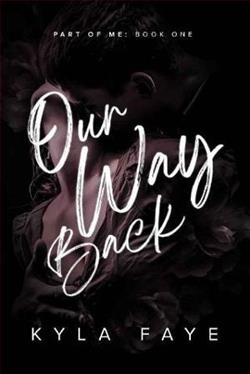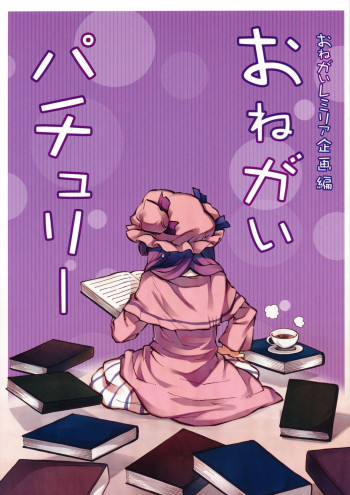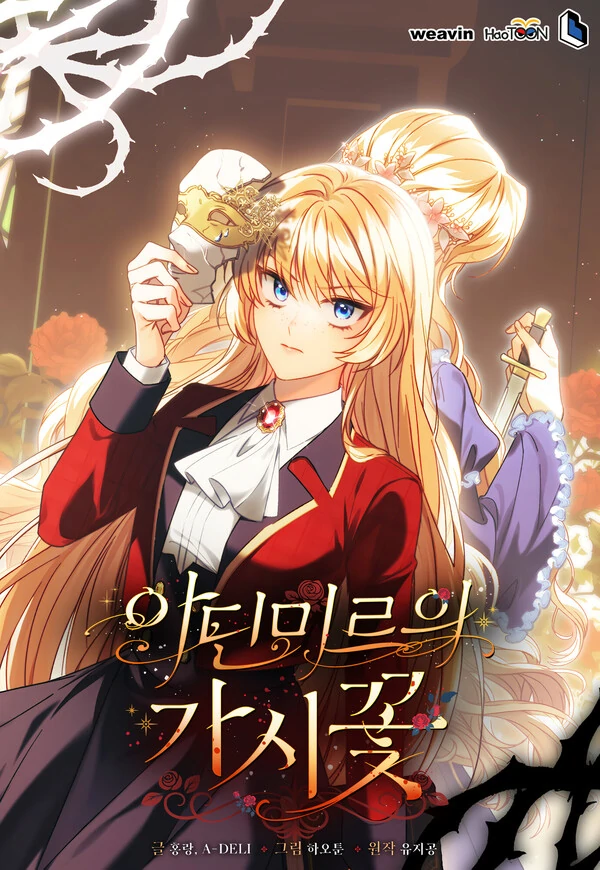Kyla Faye’s Our Way Back is a poignant exploration of love, loss, and the complexities of returning to one’s roots. The narrative centers around the protagonist, who returns to her hometown in hopes of finding solace from a failing marriage. However, what she finds instead is a whirlwind of emotions that challenge her understanding of love and commitment. The blurb sets the stage for a story that is both heart-wrenching and relatable, as it delves into the intricacies of past relationships and the impact of time on personal growth.
From the outset, Faye’s writing is immersive, drawing readers into the protagonist's internal struggles. The author skillfully captures the essence of nostalgia and the bittersweet nature of returning home. The protagonist’s journey is not just a physical return but also an emotional one, as she confronts memories of her first love, Dean Jameson. The tension between her past and present is palpable, and Faye does an excellent job of illustrating how the passage of time can alter relationships and perceptions.
One of the most compelling themes in Our Way Back is the idea of unresolved love. The protagonist's feelings for Dean, who is now married to her only friend, create a complex emotional landscape. Faye explores the notion that love does not simply fade away; instead, it can linger, often complicating new relationships and personal happiness. This theme resonates deeply, as many readers can relate to the idea of a first love that leaves an indelible mark on one’s heart.
The character development in this novel is particularly noteworthy. The protagonist is portrayed with depth and nuance, allowing readers to empathize with her plight. Faye does not shy away from depicting her flaws and insecurities, making her a relatable and realistic character. As she navigates her feelings for Dean, the protagonist grapples with guilt, longing, and the desire for a fresh start. This internal conflict is a driving force in the narrative, propelling the story forward and keeping readers engaged.
Dean Jameson, as the perfect boy next door turned architect, is equally well-developed. His character embodies the complexities of adult relationships, showcasing how life’s circumstances can change people. Faye paints Dean as a man who has also experienced loss and growth, making him a multifaceted character rather than a mere object of desire. The chemistry between him and the protagonist is electric, yet fraught with tension, as they both recognize the impossibility of their situation. This dynamic adds layers to the story, making it more than just a simple love triangle.
Faye’s exploration of friendship is another significant aspect of the novel. The protagonist’s relationship with her only friend, who is married to Dean, adds a layer of complexity to the narrative. The author deftly navigates the delicate balance between loyalty and desire, showcasing how friendships can be tested in the face of romantic feelings. This theme is particularly relevant in today’s society, where the lines between love and friendship can often blur.
The pacing of the novel is well-executed, with moments of tension interspersed with quieter reflections. Faye’s ability to build suspense around the protagonist’s choices keeps readers on the edge of their seats. As the story unfolds, the stakes become higher, and the emotional weight of the characters’ decisions becomes increasingly palpable. This tension culminates in a satisfying resolution that feels earned and true to the characters’ journeys.
In terms of style, Faye’s prose is both lyrical and accessible. Her descriptive language paints vivid images of the hometown setting, evoking a sense of place that is integral to the story. The dialogue is authentic and relatable, capturing the nuances of human interaction and the complexities of communication in relationships. Faye’s ability to convey deep emotions through simple yet powerful language is one of the book’s standout features.
Comparatively, Our Way Back shares thematic similarities with works like The Light We Lost by Jill Santopolo and One Day by David Nicholls. Both novels explore the enduring nature of love and the impact of choices on one’s life path. However, Faye’s narrative is distinct in its focus on the protagonist’s internal struggles and the specific challenges of returning to a familiar place filled with memories. This unique perspective adds a fresh layer to the genre of contemporary romance.
Overall, Our Way Back is a beautifully crafted novel that resonates with anyone who has ever grappled with the complexities of love and the passage of time. Kyla Faye’s exploration of unresolved feelings, friendship, and personal growth makes for a compelling read that lingers long after the last page is turned. The emotional depth and relatable characters ensure that this book will find a place in the hearts of readers, making it a worthy addition to the contemporary romance genre.
For those interested in a story that captures the essence of love’s enduring nature, Our Way Back is a must-read. It invites readers to reflect on their own experiences with love and the choices that shape their lives, ultimately leaving them with a sense of hope and understanding.























Reviews 0
Post a Reviews: